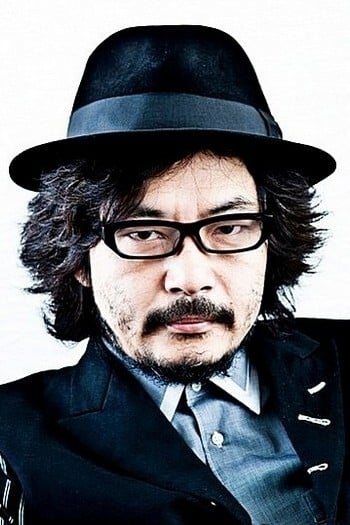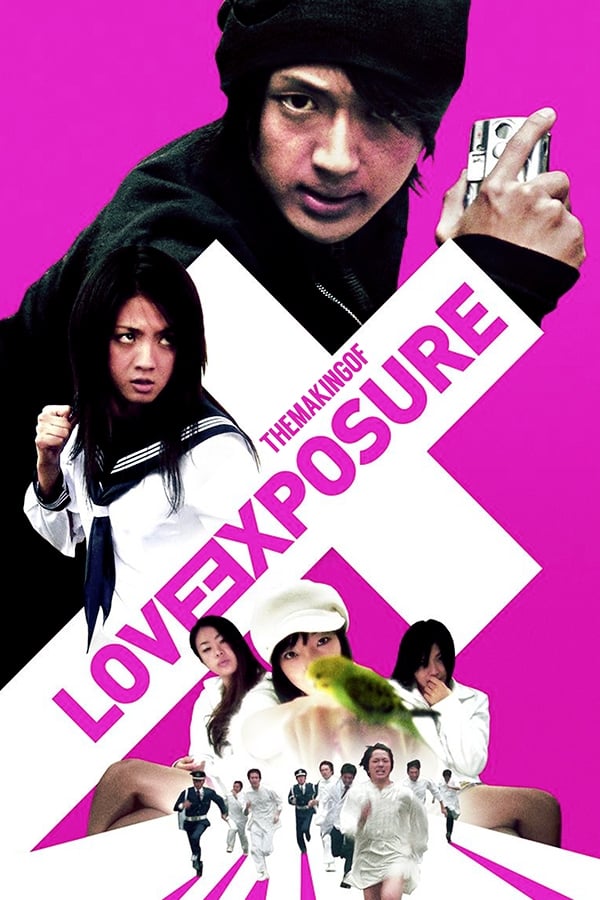

Sion Sono (園 子温 Sono Shion, born December 18, 1961) is a Japanese filmmaker, author and poet. Best known on the festival circuit for the film Love Exposure (2008), he has been called "the most subversive filmmaker working in Japanese cinema today".

High school student Yoshio Kamogawa suddenly gained the power to...

Making of documentary for Sion Sono's magnum opus "Love Exposure".